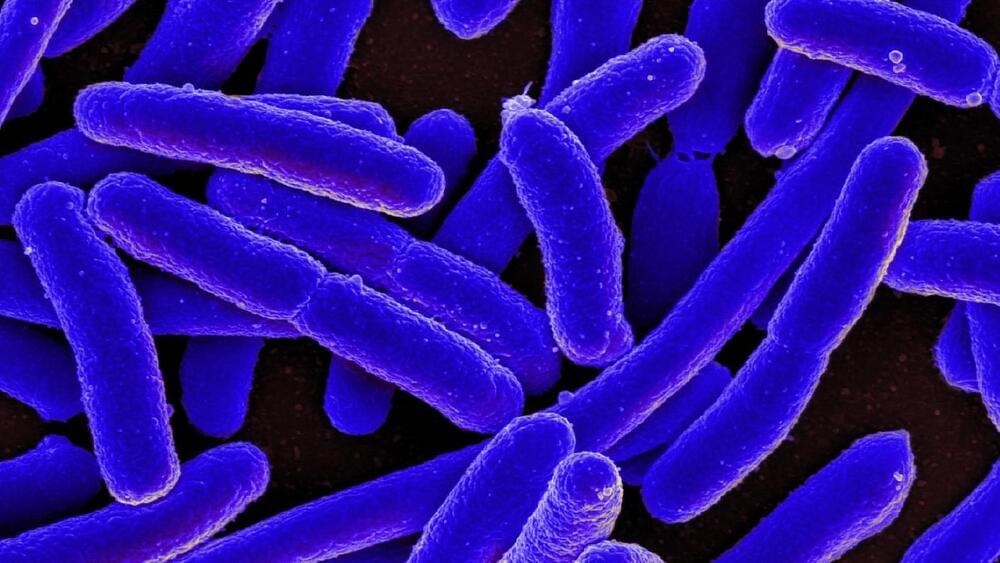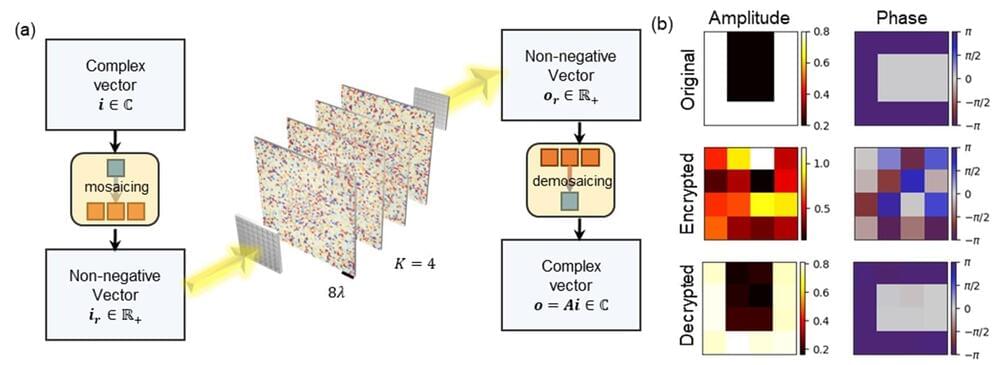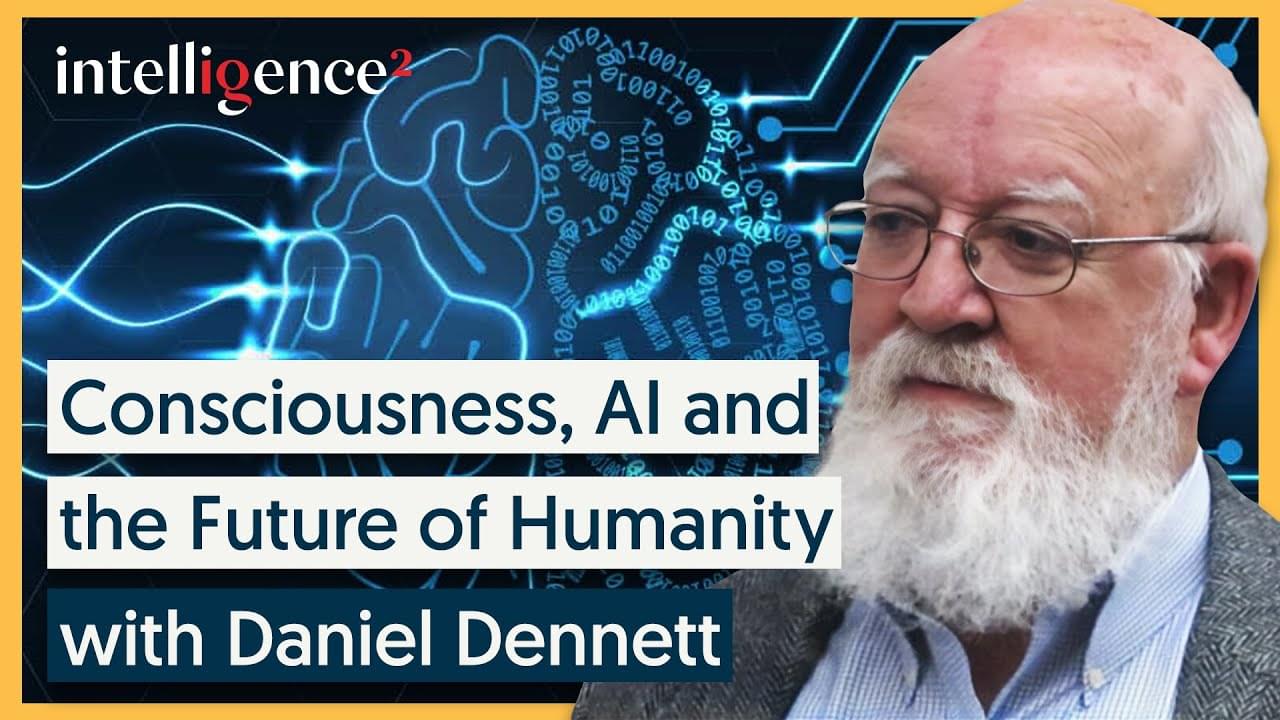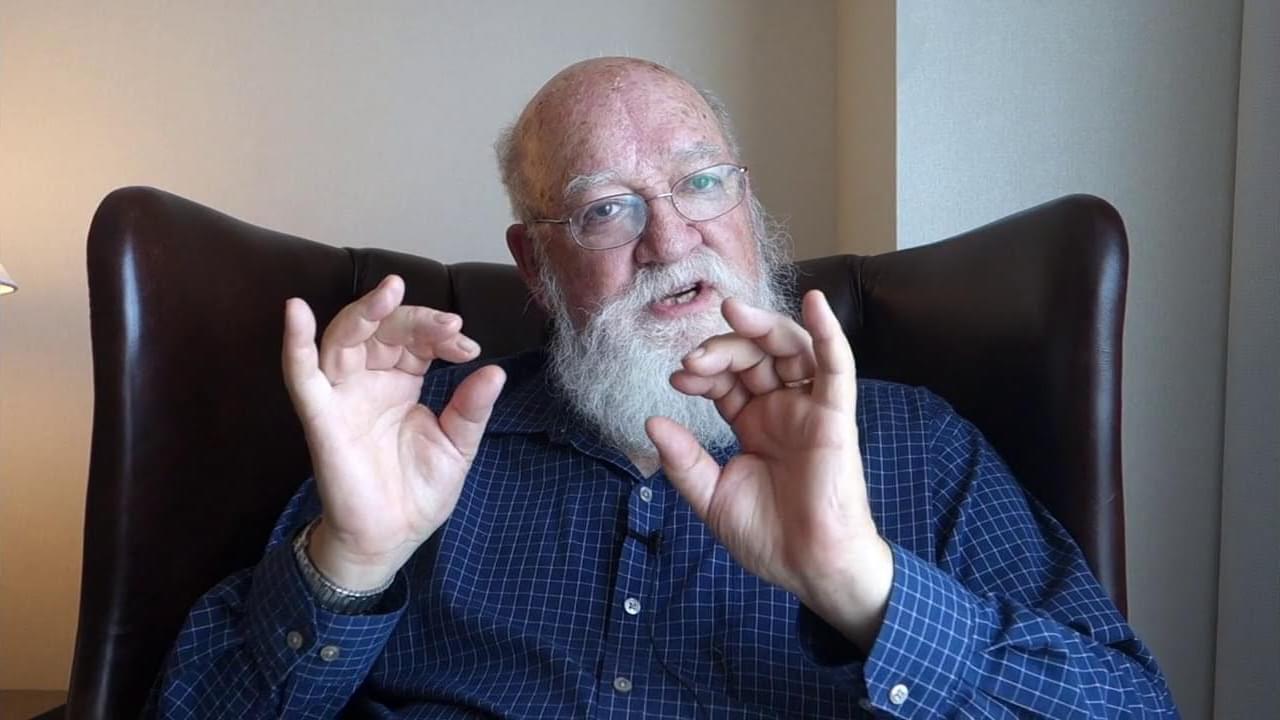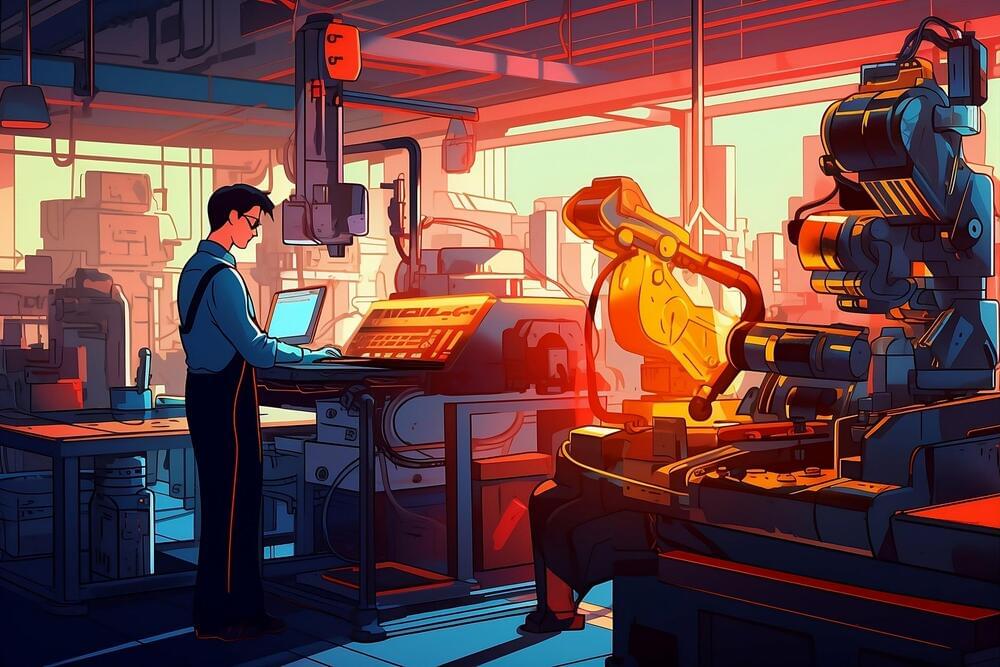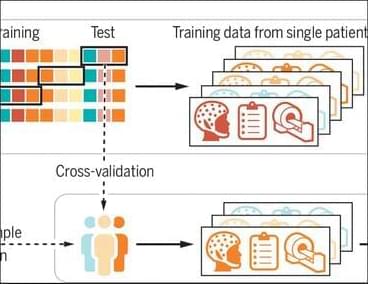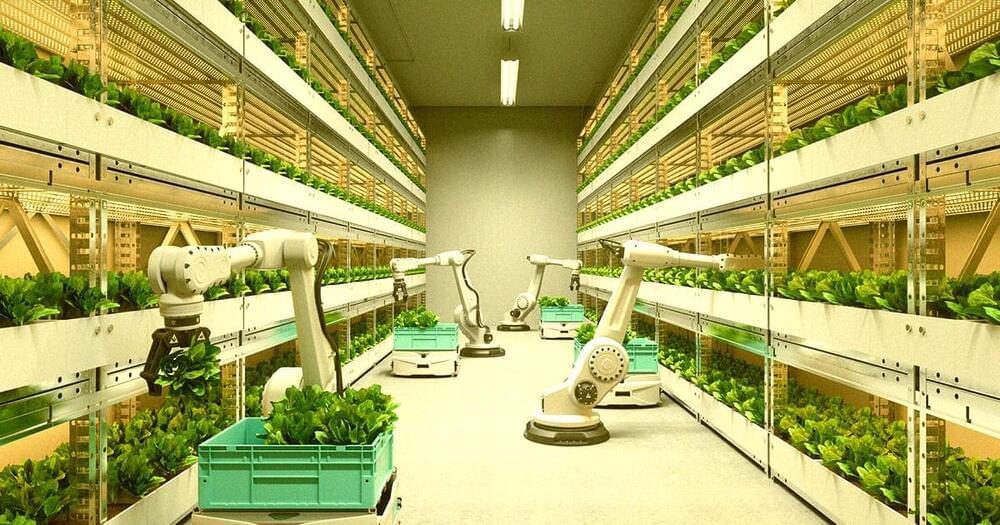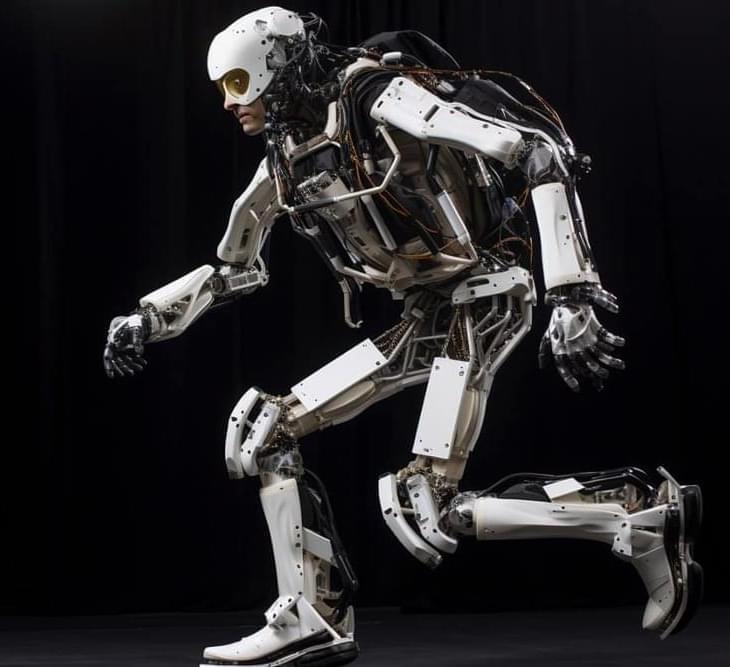Jan 23, 2024
Stanford professor on the future of life-saving medicine | Steve Quake
Posted by Shubham Ghosh Roy in categories: biotech/medical, robotics/AI
What if AI could tell us we have cancer before we show a single symptom? Steve Quake, head of science at the Chan Zuckerberg Initiative, explains how AI can revolutionize science.
Up next, Harvard professor debunks the biggest exercise myths ► • Harvard professor debunks the biggest…
Continue reading “Stanford professor on the future of life-saving medicine | Steve Quake” »

